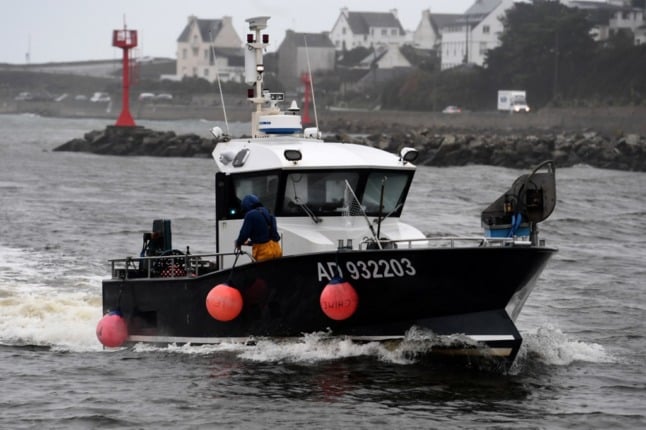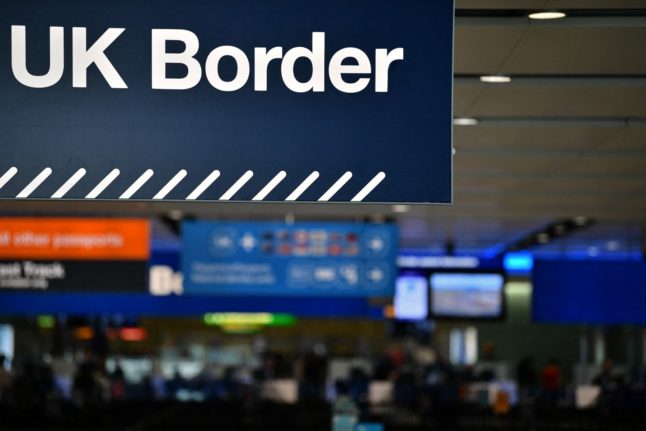Some 58 vessels sent applications, together with positional and catch data, of which 40 – all registered in either Brittany or Normandy – were approved, with another three to be issued later, Guernsey authorities said.
The issue of post-Brexit fishing licences for the UK’s inshore waters and around the Channel Islands has become a fraught one for governments in Paris and London.
Under a deal agreed by London and Brussels late last year, European fishing vessels can continue to ply UK waters if they operated there in the past and apply for new licences.
Guernsey’s authorities had so far renewed licences on an interim, month-to-month, basis as it considered the applications, avoiding the tensions seen over licences from the UK and Jersey governments.
In May, as tensions in the Channel boiled over, French trawlers briefly encircled Jersey’s main port.
Guernsey and Jersey are not part of the UK, both as self-governing crown dependencies, but access to their waters has become part of the post-Brexit negotiations.
The licences announced on Wednesday will enable 40 vessels to continue to fish in Guernsey waters from February 2022.
Licences for a further three vessels will be issued in “due course”, officials said.
The remaining 15 vessels on the interim list will be able to fish until January 31st, 2022.
After that, they will no longer be allowed, unless they can provide evidence that they historically fished in the waters.
“We have reached a significant milestone in our licensing roadmap announced back in September,” said Guernsey official Jonathan Le Tocq.
“We value our good relationships with Normandy, Brittany and La Manche, and I hope that today’s announcement provides welcome certainty and stability in this new era,” he added.
France’s fisheries minister, Annick Girardin, said the granting of the licences was “excellent news for our fishermen”.
Progress had been made with Guernsey, she added, but said “the fight is not over: 111 licences are still outstanding”, mostly from Jersey and London.
The EU has given Britain until December 10th to resolve the issue.
French fishermen last week disrupted cross-Channel traffic for several hours in protest at the post-Brexit fishing rights granted by Britain.
Half a dozen fishing boats blocked access to ferries at the northern port of Calais and the port of Ouistreham in Normandy to the southwest.



 Please whitelist us to continue reading.
Please whitelist us to continue reading.
Member comments